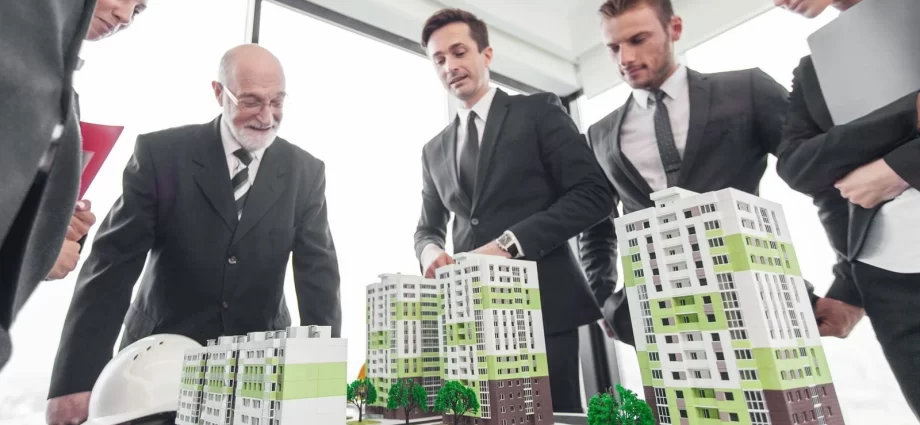Real estate development is an ever-evolving industry that is becoming increasingly important in the modern world. As more people are looking to invest in property, developers must make sure they are incorporating sustainable practices into their projects.
Sustainable practices are those that are designed to maintain or improve the quality of the environment, reduce waste, and conserve natural resources. Sustainable development can help developers achieve higher returns on their investments, reduce their environmental impact, and benefit their communities. In this article, we will discuss why real estate developers should incorporate sustainable practices into their projects.
- Financial Benefits:
One of the most compelling reasons for real estate developers to incorporate sustainable practices into their projects is the financial benefits they can receive. Sustainable practices can help developers save money by reducing energy costs, reducing water usage, and improving the efficiency of the construction process. Additionally, sustainable practices can help developers receive higher returns on their investments by providing them with access to government incentives, tax credits, and loan programs.
- Improved Property Values:
Another benefit of incorporating sustainable practices into real estate development projects is the potential for improved property values. Studies have shown that properties that are built with sustainable features such as energy efficient appliances and green building materials can have higher resale values than properties without these features. This means that incorporating sustainable practices into real estate development projects can help developers increase the value of their investments.
- Reduced Environmental Impact:
Incorporating sustainable practices into real estate development projects is also beneficial for the environment. Sustainable practices can help reduce the amount of waste generated from the construction process, reduce energy consumption, conserve natural resources, and improve air quality. By reducing their environmental impact, developers can help protect the environment for future generations.
- Improved Community Relations:
Incorporating sustainable practices into real estate development projects can also help developers improve their relationships with the community. Sustainable practices can help developers create projects that are more beneficial to the local community by providing jobs, improving the quality of life, and providing access to green spaces. By being more environmentally conscious, developers can also help build a positive reputation in the community which can lead to more business opportunities.
- Increased Competitiveness:
Real estate developers who incorporate sustainable practices into their projects can also gain a competitive advantage in the industry. As more people become aware of the importance of sustainability, they will be more likely to invest in projects that are built with sustainable features. By incorporating sustainable practices into their projects, developers can make their projects more attractive to potential investors and increase their chances of success.
- Increased Safety:
Incorporating sustainable practices into real estate development projects Jordan Fletcher Niagara can also increase safety. Sustainable practices can help reduce the risk of fires, flooding, and other disasters by using materials that are fire-resistant and water-resistant, sustainable practices can help improve indoor air quality by reducing the presence of mold and other pollutants.
Conclusion:
Sustainable practices can help developers save money, improve the value of their investments, reduce their environmental impact, improve their relationships with the community, gain a competitive advantage, and increase safety. By taking the time to incorporate sustainable practices into their projects, developers can ensure that their projects are successful and beneficial to all parties involved.

